MY.SPE.AR
Field School Application
MY.SPE.AR. Field School: Explore, Excavate, and Experience Greece
The Mycenaean Foundation, in collaboration with the Department of History, Archaeology, and Cultural Resources Management at the University of Peloponnese, invites motivated students from around the globe to join the MY.SPE.AR. Field School. This unique program provides the opportunity to participate in archaeological excavations, surveys, and field research in the Spercheios River Valley, a region linked to the legendary kingdom of Achilles in Greek mythology.
During the field campaigns, students will receive practical training from experienced archaeologists, focusing on excavation techniques, data collection, artifact cataloging, and geophysical surveying using advanced remote sensing methods. The program also includes enriching field trips to museums and archaeological sites in Athens, mainland Greece, and selected Greek islands, enhancing students’ understanding of Prehistoric Aegean and Classical art and archaeology, as well as modern Greek culture and language.
Join the Mycenaean Foundation and the University of Peloponnese for an unforgettable archaeological adventure!
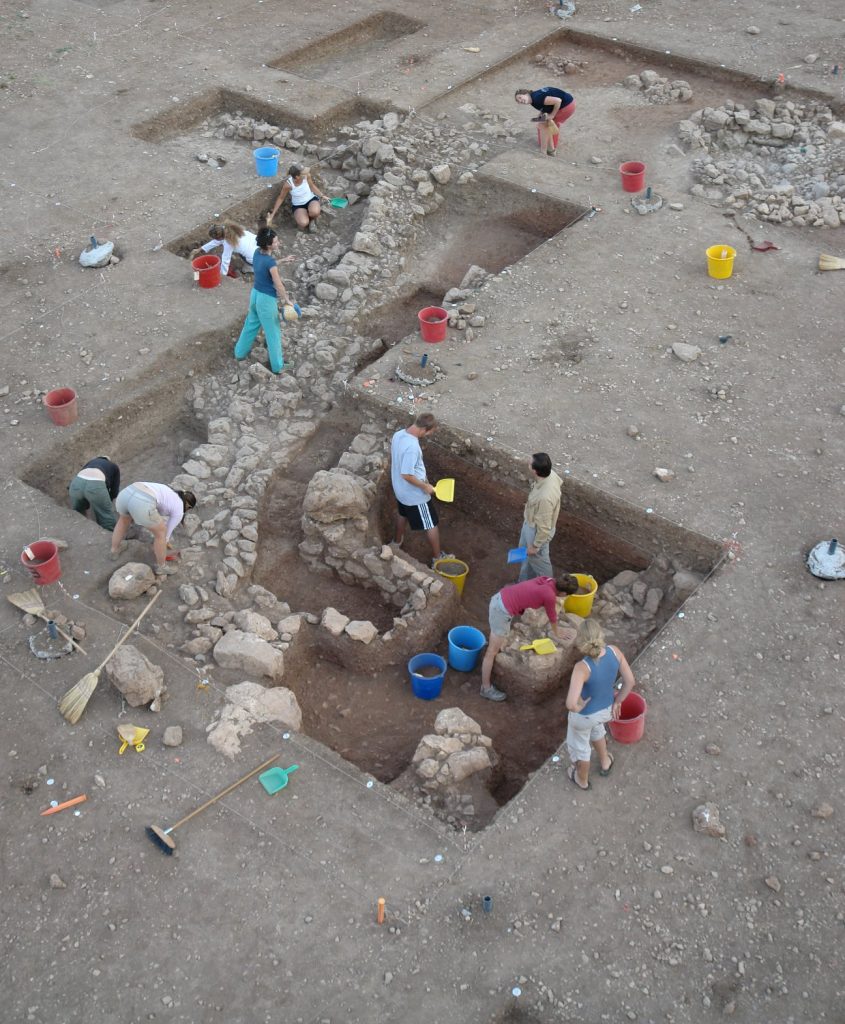
Orientation sessions are scheduled in the spring semester of 2022 (including assigned readings).
During excavation, digging is conducted Monday through Friday, from 6:00 am to 3:00 pm, with a lunch break at noon; in the afternoon (5:15-6:00 pm) the excavation staff is briefed by the sector supervisors and trench masters on the results and finds of the day, and the program field director assigns tasks and gives detailed directions for the following day (weekends may be used for dig preparation, if necessary). Excavation is hard, physical work, requiring also high-level concentration, and involving multiple tasks (including supervising the workmen, keeping a detailed daily journal, describing, measuring, recording, labeling, drawing, photographing the archaeological finds and contexts, sifting, transporting, storing and cataloguing the finds) and students should be well prepared and trained for it.
Organized excursions and field trips will be scheduled on weekends (or on days of inclement weather preventing digging/surveying) to museums and archaeological sites; field trips locations may include Athens, Thessaloniki, Pella, Vergina, Nafplio, Argos, Mycenae, Tiryns, Corinth, Epidaurus, Pylos, Olympia, Delphi, Thebes, Glas, Meteora, Mystras, Monemvasia, and select Greek islands.
What You’ll Learn in Your Field School Experience
Under the guidance of expert archaeologists, students will receive comprehensive hands-on training in essential fieldwork and research methodologies, gaining practical experience in the following areas:
- Excavation Methods and Trench Supervision: Learning proper stratigraphic excavation techniques, site documentation, and the management of excavation units while adhering to best practices in archaeological fieldwork.
- Sifting, Flotation, and Artifact/Ecofact Processing: Understanding techniques for recovering and analyzing small finds, including plant remains, animal bones, pottery fragments, and other cultural materials crucial for reconstructing past environments and human activities.
- Data Collection, Recording, and Cataloging: Mastering the systematic documentation of artifacts and excavation contexts through detailed field notes, digital databases, and 3D modeling technologies.
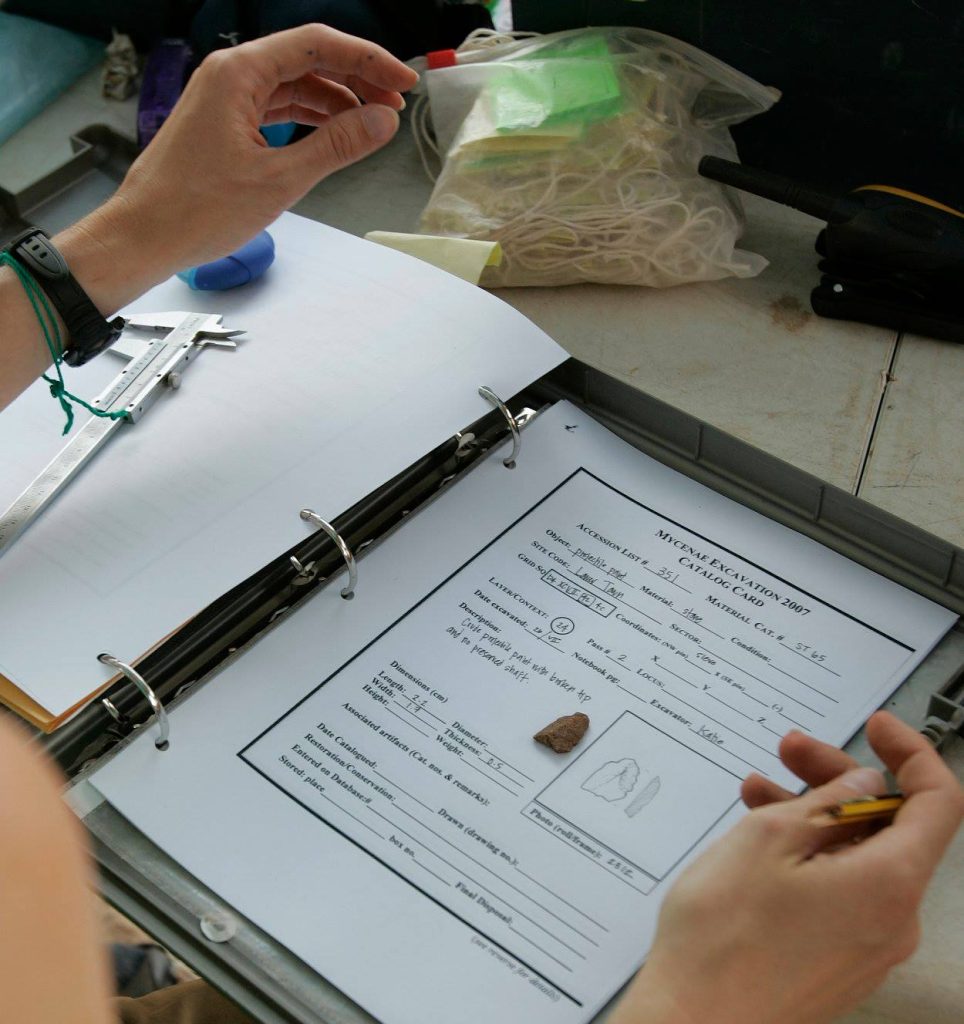
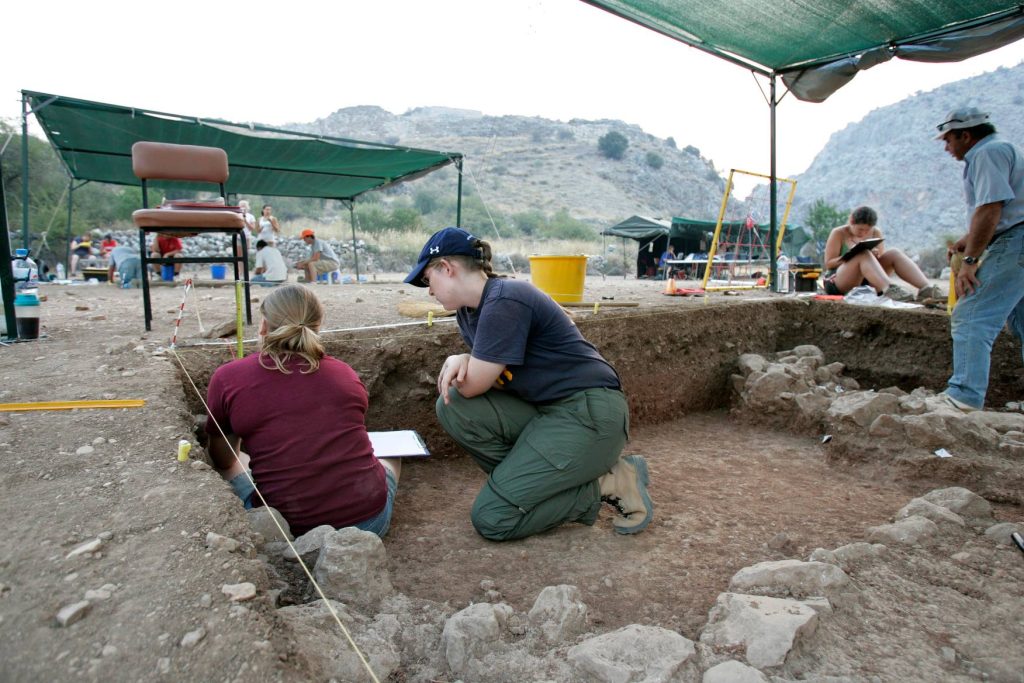
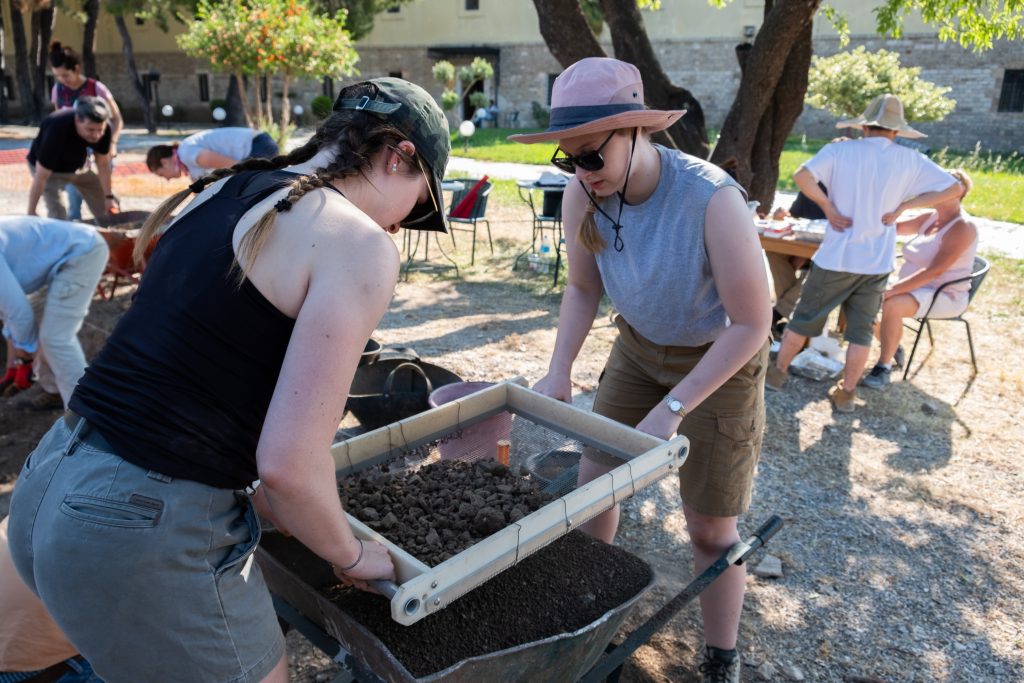
- Aerial Reconnaissance Using Drones: Employing drone technology for aerial photography, site mapping, and landscape analysis, enhancing the ability to visualize and interpret large-scale archaeological sites. Drones provide a unique vantage point, allowing for detailed mapping of topography and site features that may be difficult to see from the ground. Through the use of high-resolution imagery and advanced processing techniques, students will learn to create three-dimensional models of sites, which can reveal important insights into ancient construction methods, settlement patterns, and environmental changes over time.
- Geophysical Surveying Techniques: Utilizing Electrical Resistivity Tomography (ERT), Ground Penetrating Radar (GPR), and Magnetometry to identify subsurface features, detect ancient structures, and create geospatial site maps. These non-invasive methods allow archaeologists to explore and analyze sites without disturbing the soil, providing critical information about the archaeological potential of an area. By interpreting the data collected, students will learn how to assess the location and layout of past human activities, guiding future excavation strategies and contributing to more informed research outcomes.
- Archaeological Survey Techniques: Learning systematic pedestrian survey methods, artifact collection strategies, and GIS-based mapping to analyze settlement patterns and environmental changes over time.
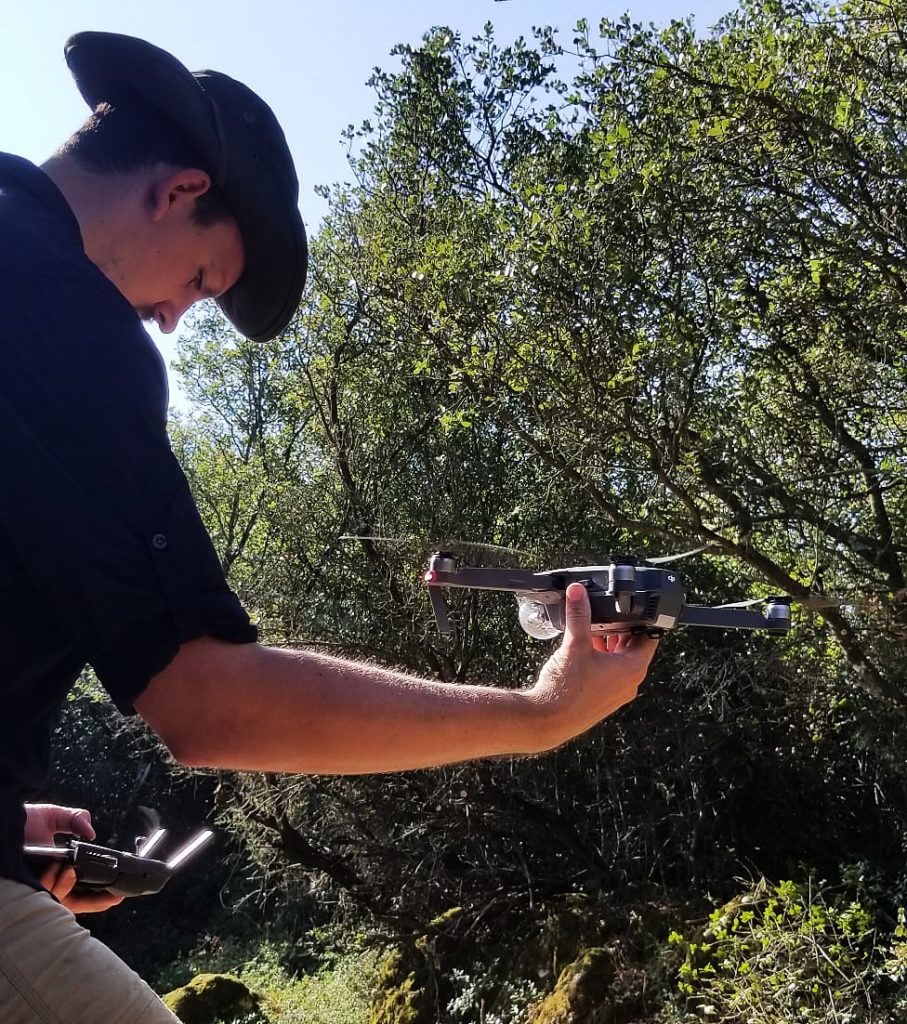
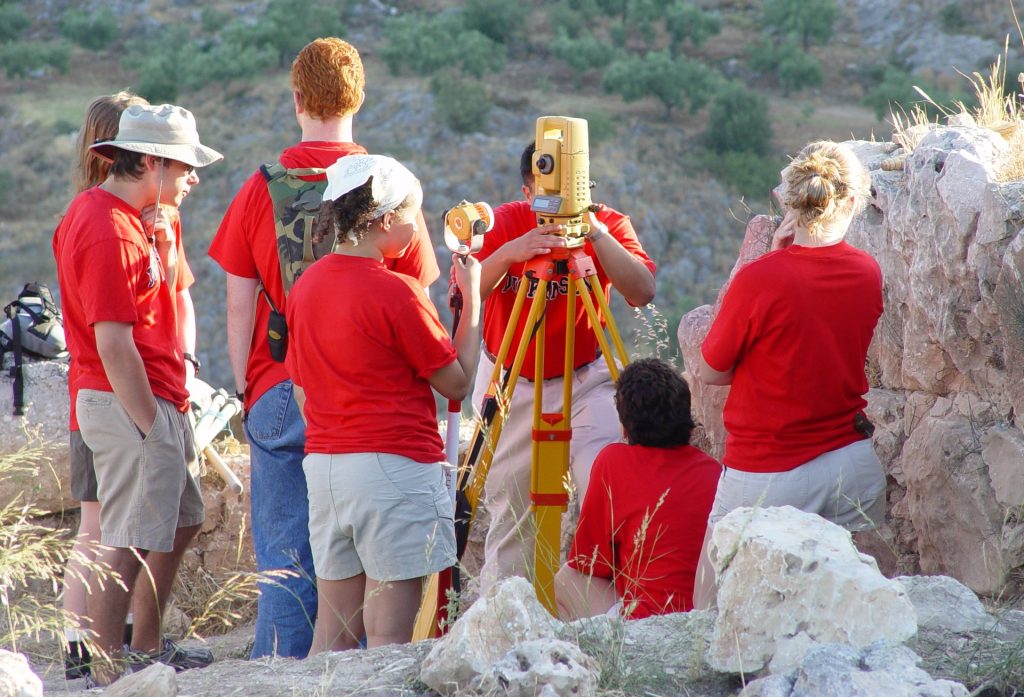
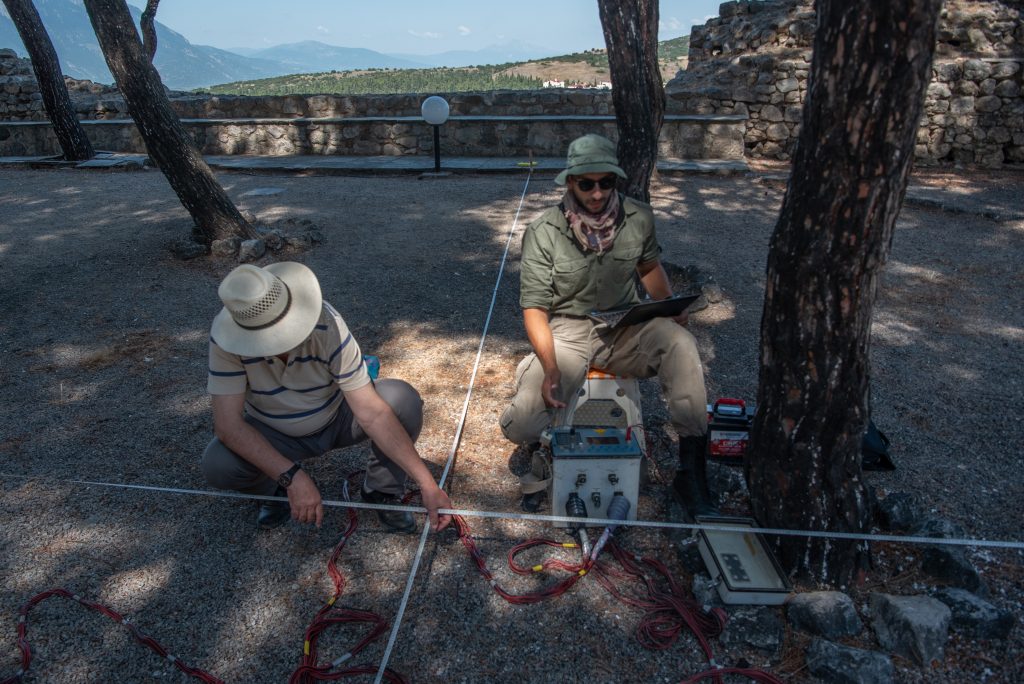
- Museum Research and Field Site Analysis: Engaging with museum collections to study material culture firsthand, while conducting comparative analyses of field data to contextualize discoveries within broader historical and cultural frameworks.
- Conservation of Ceramics, Metals, and Lithics: Learning techniques for the conservation and restoration of various artifact types, including pottery, metalwork, and stone tools, ensuring their preservation for future study and display.
- Ceramics Sorting and Drawing Artifacts: Developing skills in the sorting and cataloging of ceramic fragments, as well as creating accurate drawings and documentation of artifacts, which are essential for analysis and reporting.
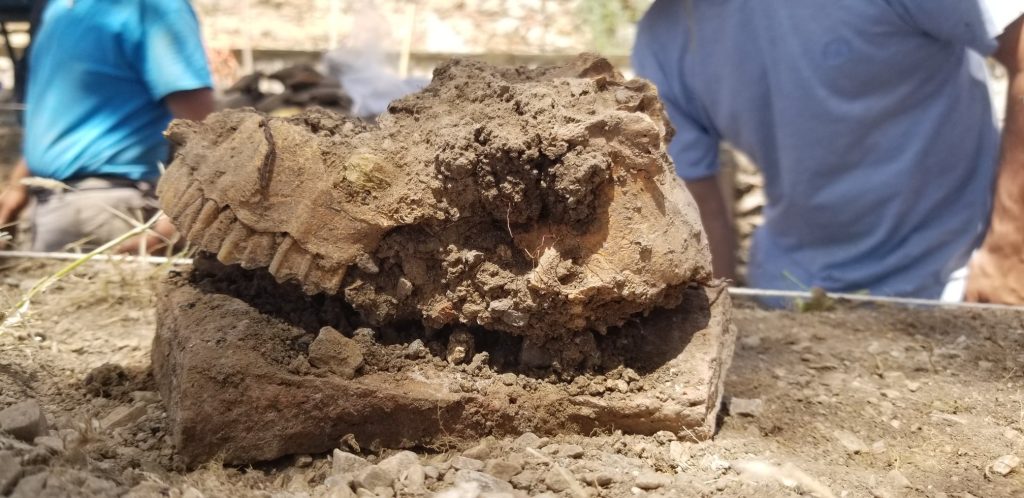
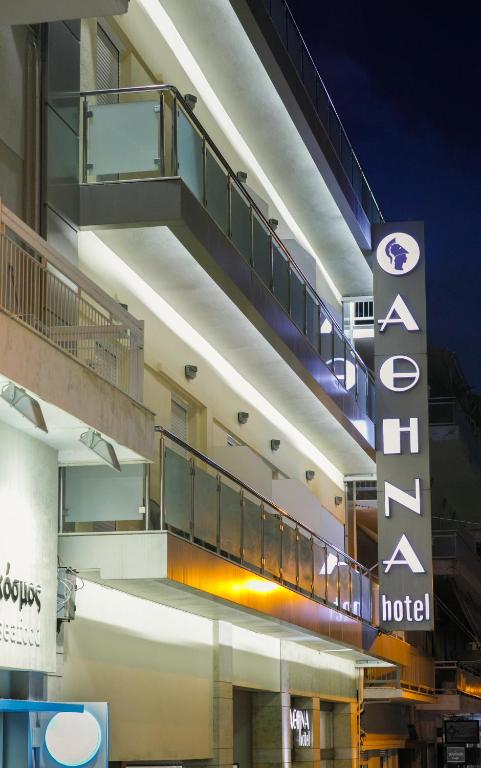
Accommodation in the City of Lamia
We are pleased to announce that all students participating in the MY.SPE.AR. Field School will be staying at Hotel Athena, located in the charming city of Lamia. This welcoming hotel, owned and operated by George Kiritsis and his family, offers a comfortable and friendly atmosphere for our students.
Hotel Athena is renowned for its warm hospitality and exceptional service. The hotel features modern amenities and cozy accommodations, ensuring that students have a relaxing place to unwind after a day of excavation and exploration. The well-appointed rooms provide a perfect retreat, allowing participants to recharge and prepare for their next day of archaeological adventures.
Location and Facilities
- Convenient Location: Situated in the heart of Lamia, Hotel Athena is easily accessible and provides a great base for our field school activities.
- Amenities: The hotel offers a variety of amenities, including:
- Complimentary Wi-Fi
- Air-conditioned rooms
- A dining area serving delicious local cuisine
- A lounge area for socializing and relaxation

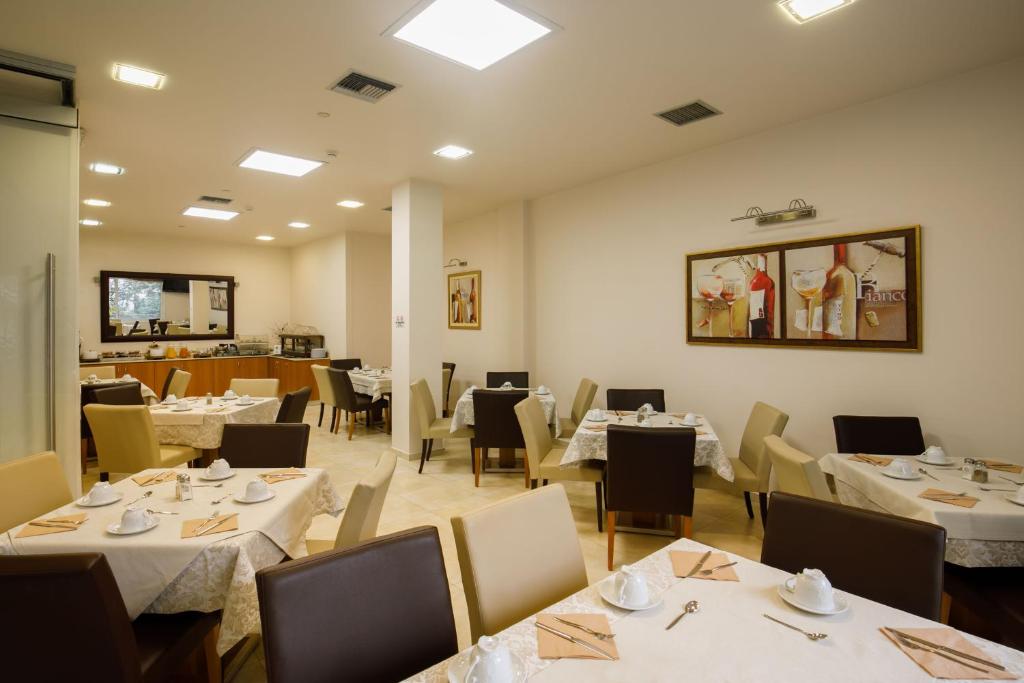
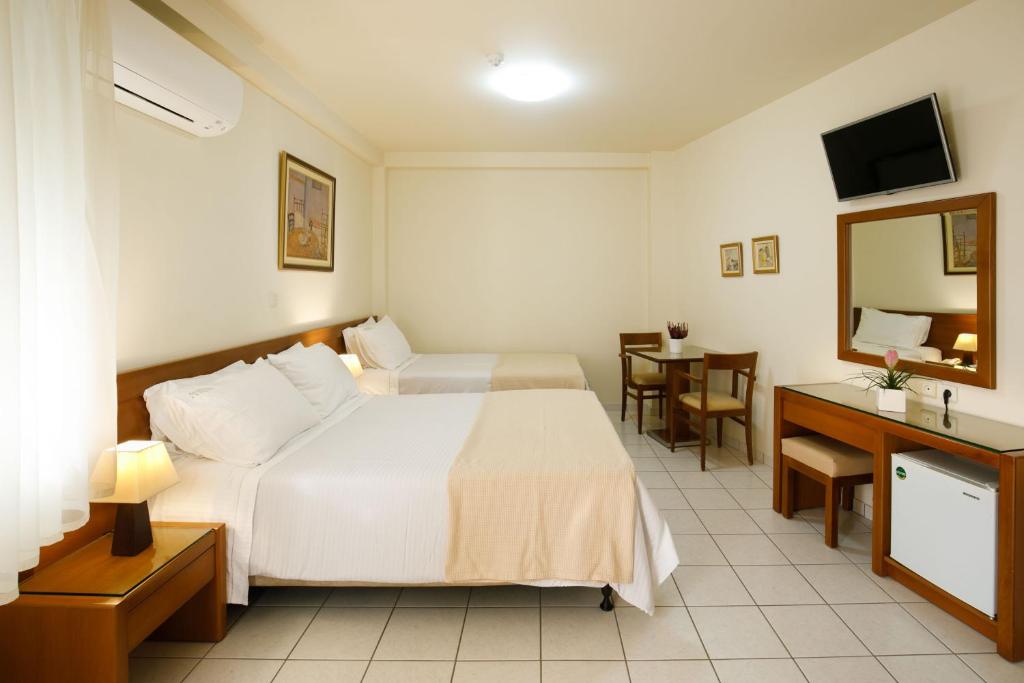
Application and Schedule of Payments
Apply early; positions are limited and open on a rolling basis until filled.
Application procedure, schedule of payments and refunds:
- Send a brief letter of interest by email to [email protected] with cc to [email protected]
- Visit at http://culttech.uop.gr/myspear.html, download and fill out the MYSPEAR 2022 application form
- Submit the completed application form and all required documents (photocopy of valid passport page, unofficial transcript of grades, and a letter of recommendation) by email to [email protected] with cc to [email protected]
- Download, check the appropriate boxes, acknowledge and agree, name/sign, date, and submit the Waiver Form (Release, Indemnity and Hold Harmless Agreement) by email to [email protected] with cc to [email protected]
- A non-refundable confirmation fee of $350 must be paid to the Mycenaean Foundation by PayPal (see link below) within three (3) days of submitting the application (this fee will be transferred to the Laboratory of Archaeometry, Department of History, Archeology and Cultural Resources Management, University of the Peloponnese). Failure to do so within the deadline will result in the deactivation of your application. Notification of admission will be sent within two (2) weeks from the date of submission of application and/or deposit of confirmation fee. Application deadline: April 20, 2025.
- The balance of the program fee ($4,600) must be paid directly to the Mycenaean Foundation by PayPal (see link below) or e-banking (request banking instructions) within ten (10) days from the date of notification of admission (upon payment, please, include your name and email address to receive acknowledgement and/or payment invoice). The comprehensive fee covers all program-related costs (accommodation, board, transportation, field-trips, etc.). Failure to do so within the deadline will result in the deactivation of your application.
Program Costs
The comprehensive program fee is $4,950, which includes:
- Tuition and academic accreditation
- Official transcript
- Room and board
- International Student Insurance
- All local transportation
- Group excursions
- Museum and archaeological site entrance fees
Not Included:
- International airfare to/from Greece
- Personal expenses
Special Discounts
Students have the opportunity to receive exclusive discounts by becoming a Friend of the Mycenaean Foundation. The Foundation frequently offers special pricing and financial assistance to supporters who contribute to its mission of archaeological research and education.
By joining as a Friend, students may benefit from:
- Discounted Program Fees – Reduced costs for participation in the MY.SPE.AR. Field School.
- Priority Access to Grants & Scholarships – Eligibility for future funding opportunities.
- Exclusive Updates & Invitations – Access to special events, lectures, and archaeological findings.
For more information on how to become a Friend of the Foundation and take advantage of these benefits, visit:
Mycenaean Foundation – Fundraising & Contributions
Refund Policy
To ensure the smooth operation of the program, the Mycenaean Foundation makes financial commitments well in advance, based on full enrollment. As a result, refunds are limited and subject to the following conditions:
Withdrawals before departure: Only funds that have not been allocated for the student’s participation can be refunded. A late withdrawal fee will apply:
- 20% of the total fee if withdrawing up to one month before departure
- 50% of the total fee if withdrawing within the last month before departure
Withdrawals after arrival: Once the student has arrived at the site, a partial refund will only be considered in cases of serious illness or an emergency that requires them to return home.
These policies ensure that the program can continue to provide high-quality experiences for all participants.
Accreditation and Statement
The University of the Peloponnese is a fully accredited state university in Greece and the European Union.
The University of the Peloponnese and the Mycenaean Foundation are organizations that value free inquiry and justice, respect pluralism, diversity, and equal opportunity, promote tolerance, civility, and mutual understanding. The above organizations do not discriminate on such bases as race, color, sex, political and religious beliefs, marital status, age, sexual orientation, national and ethnic origins, veteran’s status, or disability.
The above information is accurate as of this printing, but is subject to change without notice.
